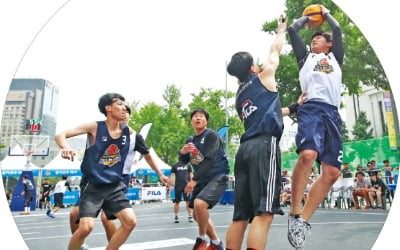#make a choice
-
영어 이야기
do a choice (X)…make a choice (O)
Anthropologists travel to every corner of the globe to conduct their research. The first generation of them in the late nineteenth century relied on the reports of travelers and explorers for their information. Consequently, anthropology can be seen as an outgrowth of the vast travel literature that accumulated in European languages following the great voyages of discovery of the fifteenth century. In the twentieth century, anthropologists decided that such reports were not enough, and that they needed to go and see for themselves. The modes of research that they initiated, designed to avoid as far as possible the pitfalls of prejudice, provide the basis of the modern discipline.Peter Metcalf의 《Anthropology》 중에서인류학자들은 조사를 하기 위해서 전세계 곳곳을 돌아다닌다. 19세기 1세대 인류학자들은 정보를 얻기 위해 여행자들과 탐험가들의 기록에 의존했다. 결과적으로 인류학은 15세기의 대항해 이후 늘어난 유럽 언어로 쓰여진 방대한 여행 문헌으로부터 나온 결과물로 여겨질 수 있다. 20세기에, 인류학자들은 그러한 기록은 충분치 않으며, 그들이 직접 가서 보는 것이 필요하다고 판단했다. 그들이 시작한 연구의 방법들은 선입견의 위험을 가능한 피하기 위해서 설계되었는데, 그것들은 현대 원칙의 기초가 되고 있다. < 해설 >필자에게는 한국어가 서툰 미국인 사촌형이 있습니다. 이 형이 어느 날 저에게 “농구 놀자!”라고 이야기를 했는데, 왜 “농구 하자!”라고 하지 않았을까요. 축구하다, 야구하다와 같이 한국어에서 스포츠 종목은 동사 ‘하다’와 함께 사용되지만, 영어의 경우에는 play soccer, play baseball 등과 같이 스포츠 종목이 동사 ‘play’와 함께 쓰입니다. 한국어가 서툴렀던 사촌형은 play basketball이란 각

